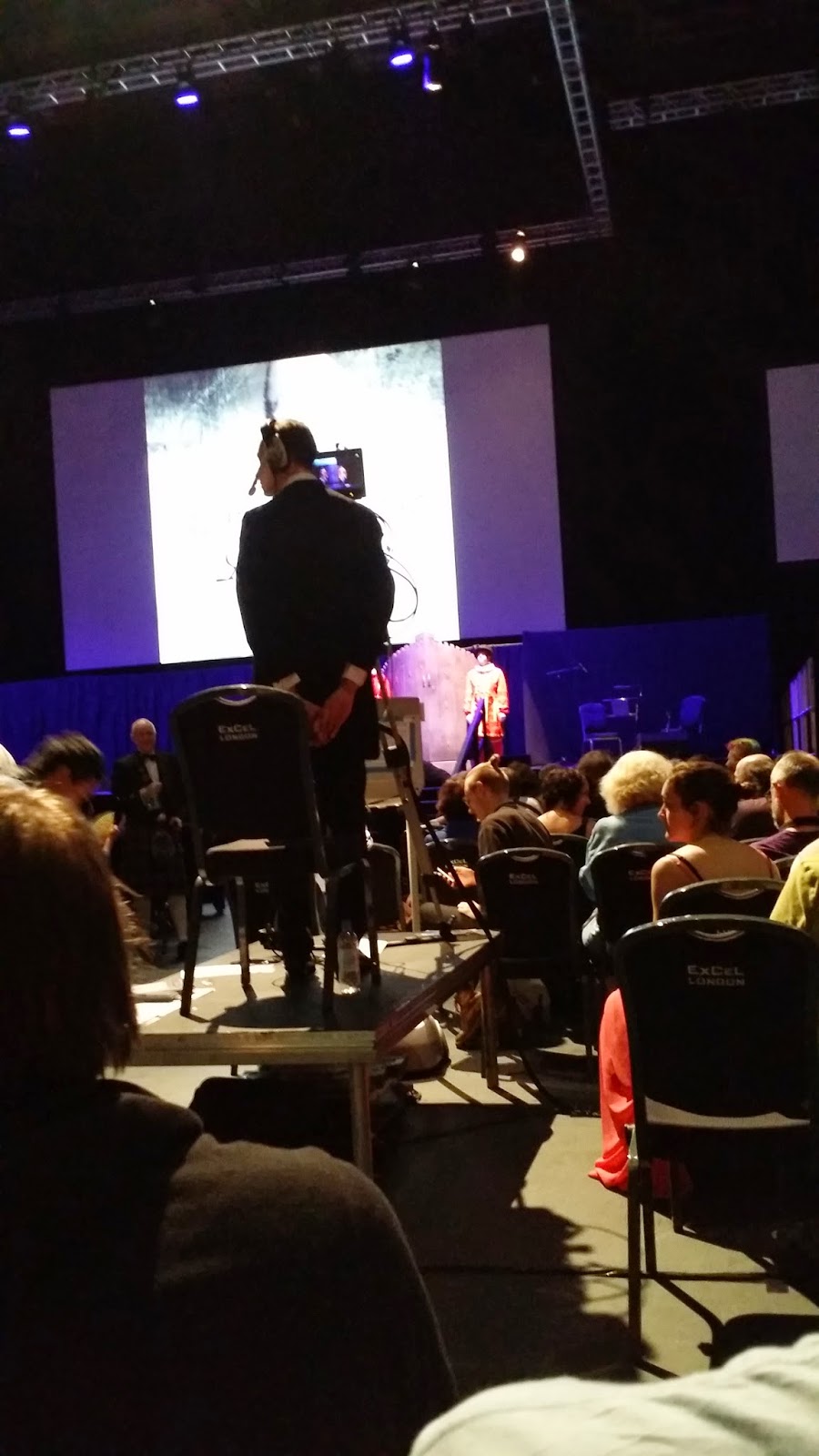Dessutom skrivs detta på min Galaxy Note 3 (som visserligen har en stor skärm, men inte riktigt lämpar sig för längre texter). Så håller mig kort.
Theo Deckers liv förändras radikalt den dagen han och hans mor blir offer i ett bombattentat mot ett av New Yorks främsts konstgallerier. Theos mamma dör, och mitt i all chock och förvirring efter bomben stannar Theo kvar vid en döende mans sida. Den döende mannen ger Theo sin signetring och får Theo att lova att lämna den till en man som heter Hobie. När Theo lämnar mannen ser han en av sina favoritmålningar som ramlat ur sin ram, och chockskadad som han är plockar han med sig målningen. Det är början på en resa med många upp- och nedgångar, många kurvor och vägval, som utgör Theo Deckers liv. Boken får mig att undra: Hur mycket påverkades hans liv av det som hände? Hur mycket låg i hans öde eller natur, och hur mycket förändrades den dagen?
"Steglitsan" är skriven av Donna Tartt, som även skrivit den kända boken "Den hemliga historien". Har inte läst DHH men på mångas beskrivningar så känns det som dessa två böcker har en hel del gemensamma nämnare. Jag tror inte Steglitsan har fått mig att bli mer sugen på att läsa DHH, mest pga de mörka undertonerna och den ångest som liksom stiger upp ur sidorna och ger en klumpar i halsen. Steglitsan är dock en riktigt bra bok, Tartt är en lysande författare med förmågan att föreställa sig världen genlm en 12-årings ögon, och vars beskrivningar av t ex möbelvård, antikvariat och konstverk får en icke invigen som mig att läsa intresserat.











